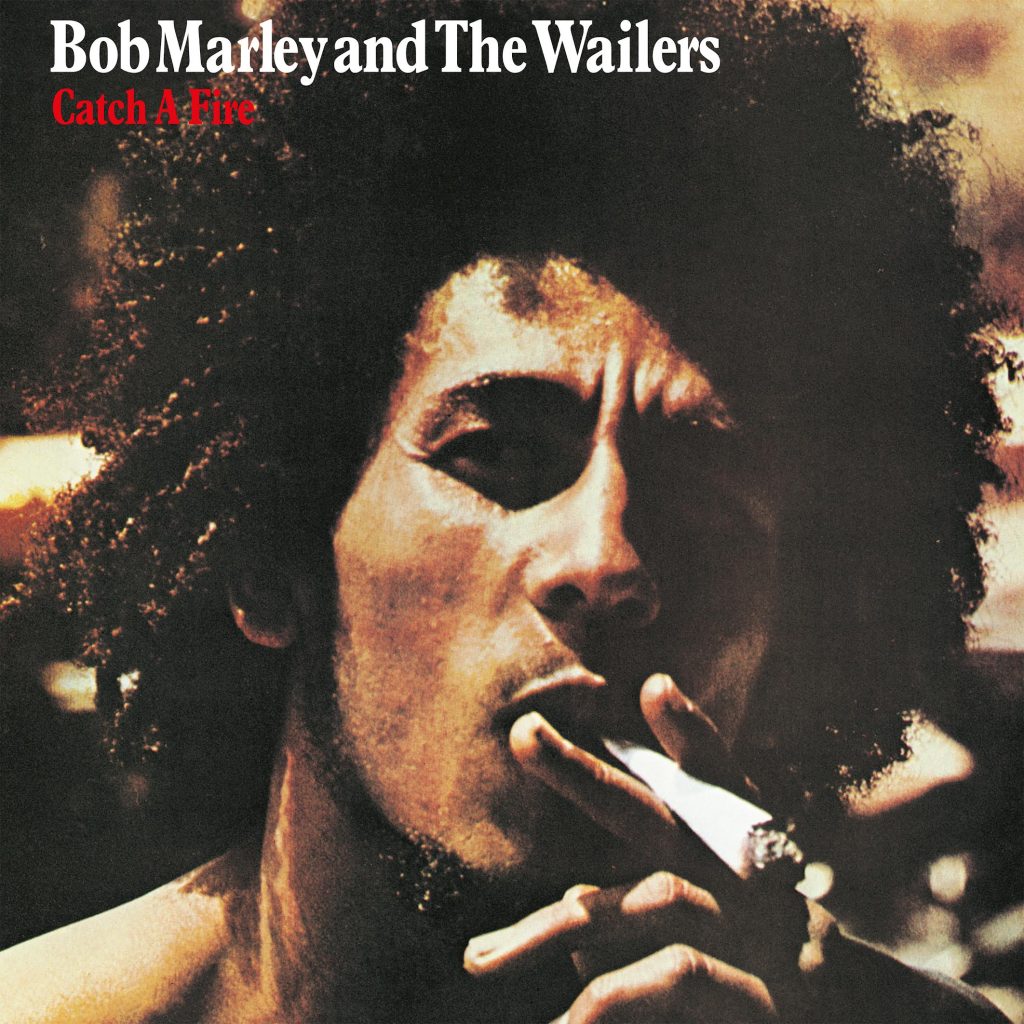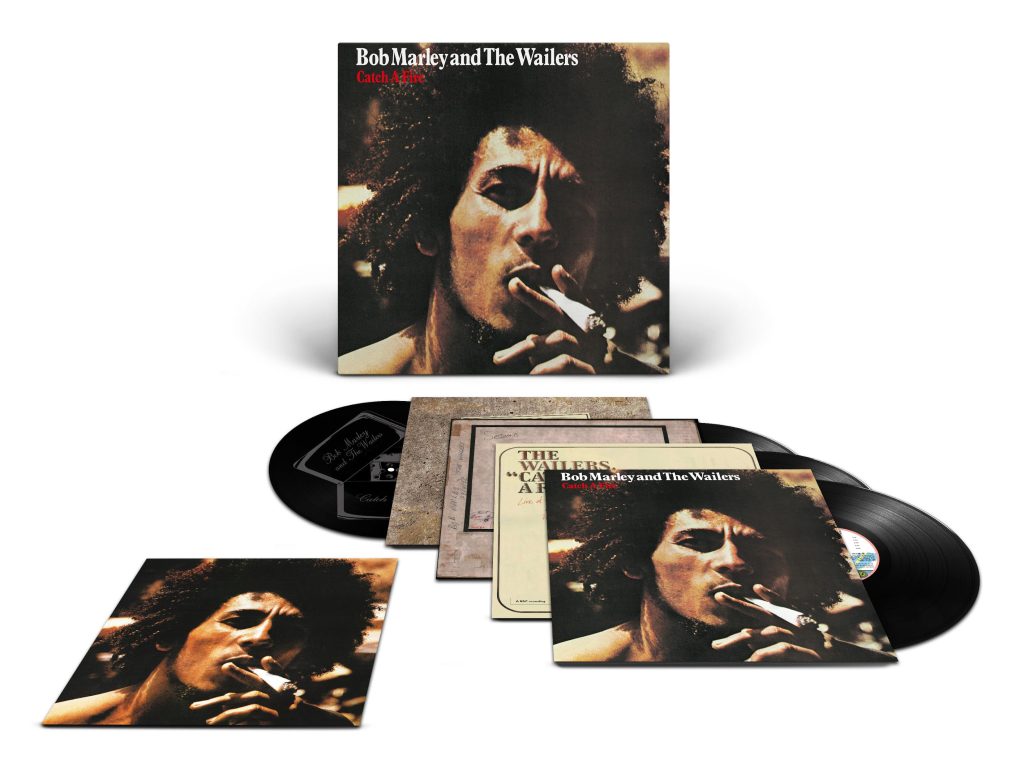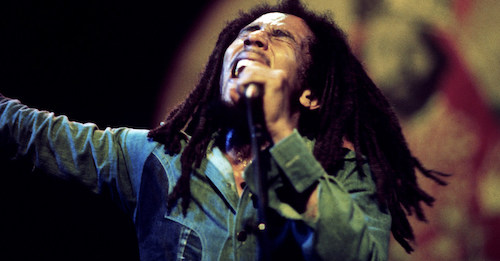 Bob Marley and the Wailers’ Catch a Fire is aptly named because it helped the reggae giant’s music catch fire internationally. Despite having released four previous studio albums, the group had achieved so little success before this 1973 LP that it couldn’t afford to fly home after a U.K. tour. And no wonder: its records had enjoyed only minimal distribution outside its homeland, and it had yet to even play North America.
Bob Marley and the Wailers’ Catch a Fire is aptly named because it helped the reggae giant’s music catch fire internationally. Despite having released four previous studio albums, the group had achieved so little success before this 1973 LP that it couldn’t afford to fly home after a U.K. tour. And no wonder: its records had enjoyed only minimal distribution outside its homeland, and it had yet to even play North America.
Noting the band’s situation, producer Chris Blackwell advanced it a reported $6,000, which its members used to return from England to Jamaica. There, they finished work on the LP, their first for Blackwell’s Island Records and their first to be widely distributed (though an initial release, credited only to the Wailers, was limited).
Despite its availability, the album didn’t turn the group into an overnight sensation: it stalled at #171 on Billboard’s pop charts. But its reputation grew over time, and it now shows up regularly on lists of the best reggae albums as well as on lists of the best records of the entire rock era.
 Its reputation is deserved, though its success relative to earlier releases probably had more to do with its wide exposure than with any musical changes: several of the tracks on Catch a Fire were previously released and in versions that are arguably even better than the ones on this LP.`
Its reputation is deserved, though its success relative to earlier releases probably had more to do with its wide exposure than with any musical changes: several of the tracks on Catch a Fire were previously released and in versions that are arguably even better than the ones on this LP.`
Still, the album is excellent, and probably more suited to a large audience than earlier Wailers releases, thanks partly to Blackwell’s radio-friendly production and overdubs. The stellar material, which mixes protest songs with upbeat romantic music, includes seven Marley compositions, among them the party-ready “Baby We’ve Got a Date (Rock It Baby)”; the searing “Slave Driver,” which includes the phrase that gave the album its name; and the infectious “Stir It Up,” which provided a hit for Johnny Nash (who had just toured with the Wailers) shortly before the release of Catch a Fire.
There are also two powerful Peter Tosh numbers, “400 Years” and the infectious “Stop That Train,” both of which foretold his subsequent solo successes. The harmony-rich performances are fine throughout, especially by Marley (guitar, lead vocals on all but two tracks), Tosh (organ, guitar, piano, vocals), and Bunny Livingston, also known as Bunny Wailer (bongos, congas, vocals).
The album has been the subject of multiple reissues, including a 2001 edition that was touted as “definitive,” but a November 2023 three-CD 50th-anniversary edition (also available on vinyl) is the one that most deserves that label. Packaged with a book that includes photos and fresh liner notes by journalist Chris Salewicz, it offers the original release on its first disc. A second CD features a previously unissued 1973 London concert that embraces nearly everything on the studio album plus “Get Up, Stand Up” and “Rastaman Chant.” The third disc contains eight alternate versions of tracks from the studio album plus three numbers from a 1973 Edmonton, England, gig that have not previously seen official release. The only regrettable omissions are the original Jamaican versions of Catch a Fire’s songs, all of which did figure in the 2001 reissue.
It’s hard to imagine that many reggae fans don’t already own the 1973 release of this LP, but even if you have it, this 50th-anniversary collection offers good reasons to upgrade.
Related: Our Album Rewind of Marley’s Live LP

